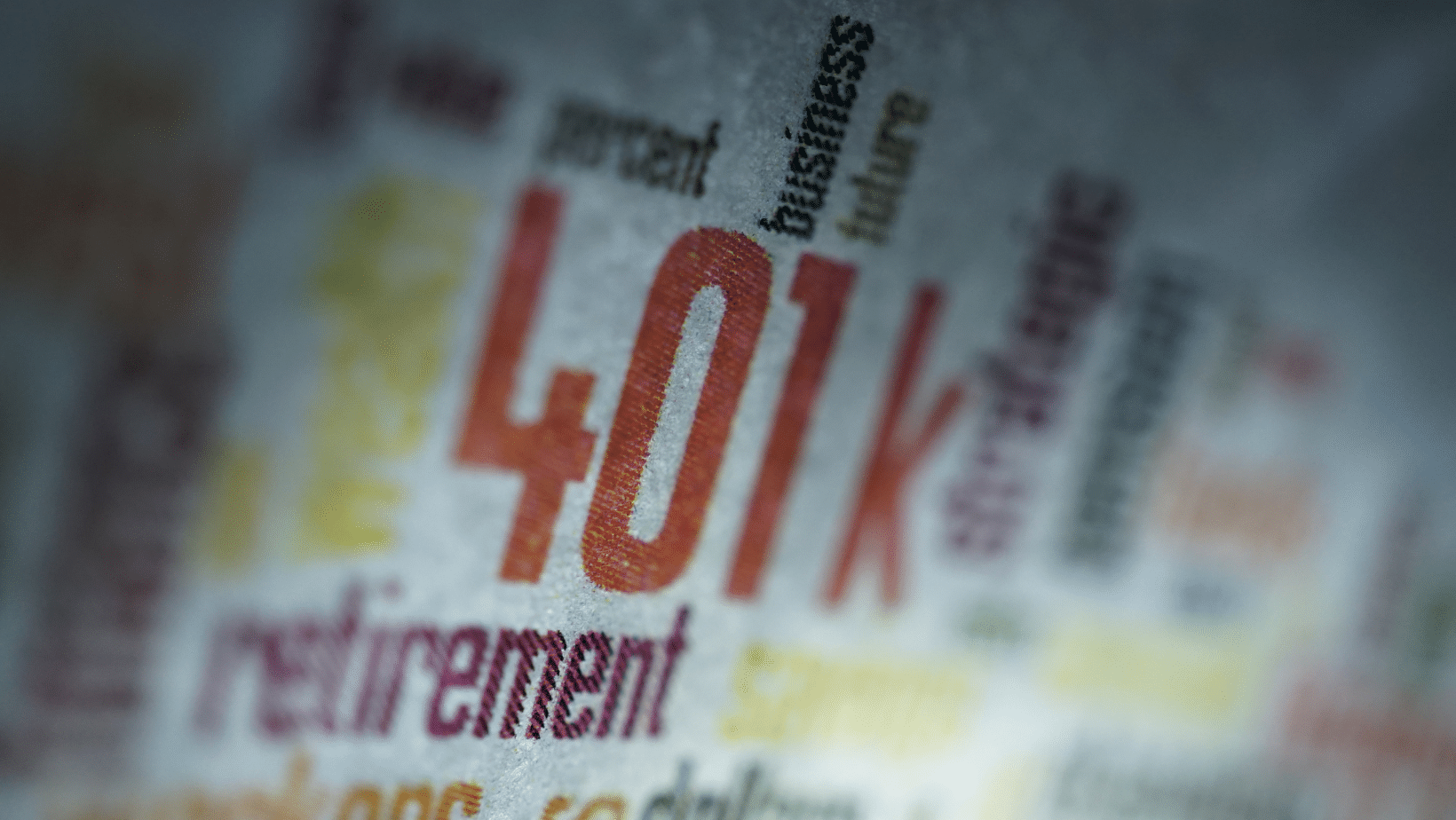The New 401(k) No-Penalty Withdrawals in the CARES Act

As part of the CARES Act, some of the rules about taking money out of your 401(k) are being temporarily lifted to help people affected by the coronavirus pandemic. While the added flexibility may help some ride out the crisis, there is some concern that some might be tempted to take out huge sums now—and, as a result, either put their eventual retirements in jeopardy or possibly leave themselves with a big tax bill.
Here is some important information regarding what has changed and how to approach your 401(k) as it relates to these changes.
What is a coronavirus-related 401(k) distribution? Is it really a no-penalty withdrawal?
One provision of the CARES Act relaxes the rules for taking money from your 401(k). Investors of any age can take out a “coronavirus-related distribution” of as much as $100,000 (or up to 100% of the balance) without paying early withdrawal penalties. The act also increases the maximum “loan” from your 401k to this amount (previously that was limited to $50,000 or 50% of an employee’s balance).
Who is eligible for a 401(k) coronavirus-related distribution?
Your company’s 401(k) plan sponsor will determine whether coronavirus-related distributions will be permitted, whether you meet the criteria for this type of distribution, and whether the amount you request fits the hardship you are facing. Anyone who has contracted the virus, has had a spouse or a dependent contract the virus, or has experienced financial hardship because of it, would be considered eligible.
Is a coronavirus-related 401(k) distribution a loan?
No. Unlike a 401(k) loan that must be repaid, a coronavirus-related distribution does not need to be repaid. Employees can repay the distribution within three years without regard to annual contribution limits for their 401(k) plans, and that the repayment does not need to be made all at once. Any repayment of the distribution would be treated as a “rollover contribution” to the plan. But, any employee who takes a coronavirus-related distribution and does not pay it back will owe tax on the amount, through they will be able to pay the taxes owed over a three-year period.
Is it a good idea to take this new 401(k) distribution?
You should only take distribution from your 401(k) now if it’s your only option. The point of a 401(k) is that you are investing the money over a long-term period, so that the power of compound interest works in your favor throughout your career. So, since you’ll likely have to liquidate stocks to take money out now, this means selling when the market is down significantly.
Should I take my regular 401(k) distribution this year?
Another major provision under the CARES Act, is that required minimum distributions (RMDs) have been waived this year. If you can afford it, you should take advantage of not taking the distribution this year.
What if I take a 401(k) coronavirus-related distribution and then get laid off or furloughed?
Typically, if you take a loan from your 401(k) and then leave your company, you usually have to pay the money back immediately, or else it is considered a taxable distribution. But under the CARES Act, if an employee takes a coronavirus-related distribution and then leaves the company, the employee would not have to pay the distribution back.
If you are laid off, furloughed, or your hours are cut, you can only contribute to your 410(k) if you are still getting a paycheck. Also, if employees are being paid emergency sick leave or expanded family and medical leave under the Families First Coronavirus Response Act (FFCRA), those payments are eligible for salary reduction contributions to a 401(k) plan.
How is a 401(k) coronavirus-related distribution different from a hardship distribution?
Most plans allow for “hardship distributions” in, say, the case of a major medical event. But these differ from the current coronavirus-related distributions since they are taxed in the year taken, cannot be repaid to the plan, and are limited to the amount necessary to meet the financial need.
Should I keep contributing to my 401(k)?
If you can keep up contributions—or even increase them—during this time, you should.
What are the 401(k) contribution limits for 2020?
At the end of last year, the IRS announced that for 2020, the maximum contribution for individuals in 2020 would be raised to $19,500. The so-called “catch-up” contribution for employees age 50 and over was raised to $6,500. The limits on annual contributions to an IRA remained unchanged at $6,000 per year.
Does my employer have to keep providing a 401(k) contribution match?
There’s nothing in the CARES Act that addresses this. Employers can amend their 401(k) plans to stop making matching contributions and they should promptly notify employees of any changes.
If you have any questions relating to your 401(k) or have other concerns about your finances, please feel free to call us – we’re here for you during these challenging times.
